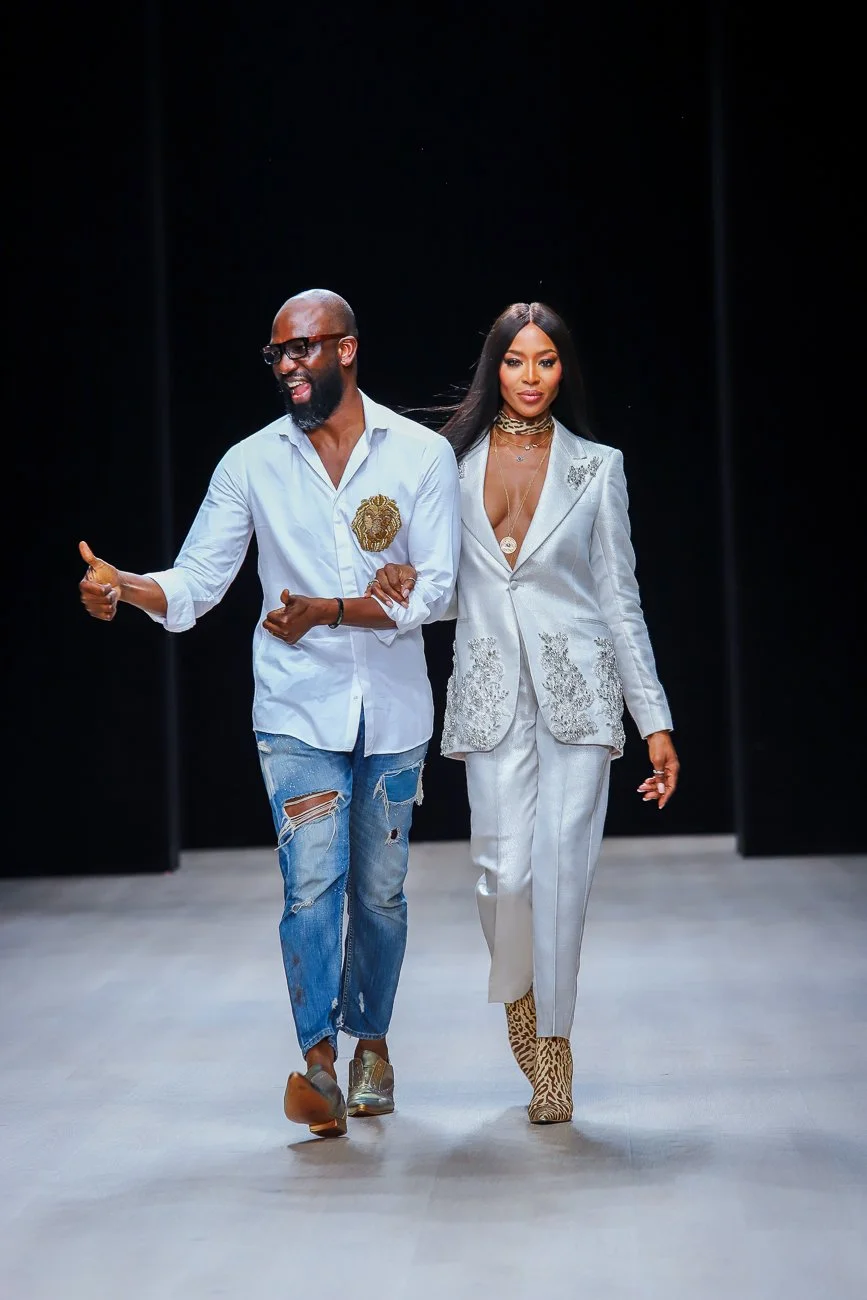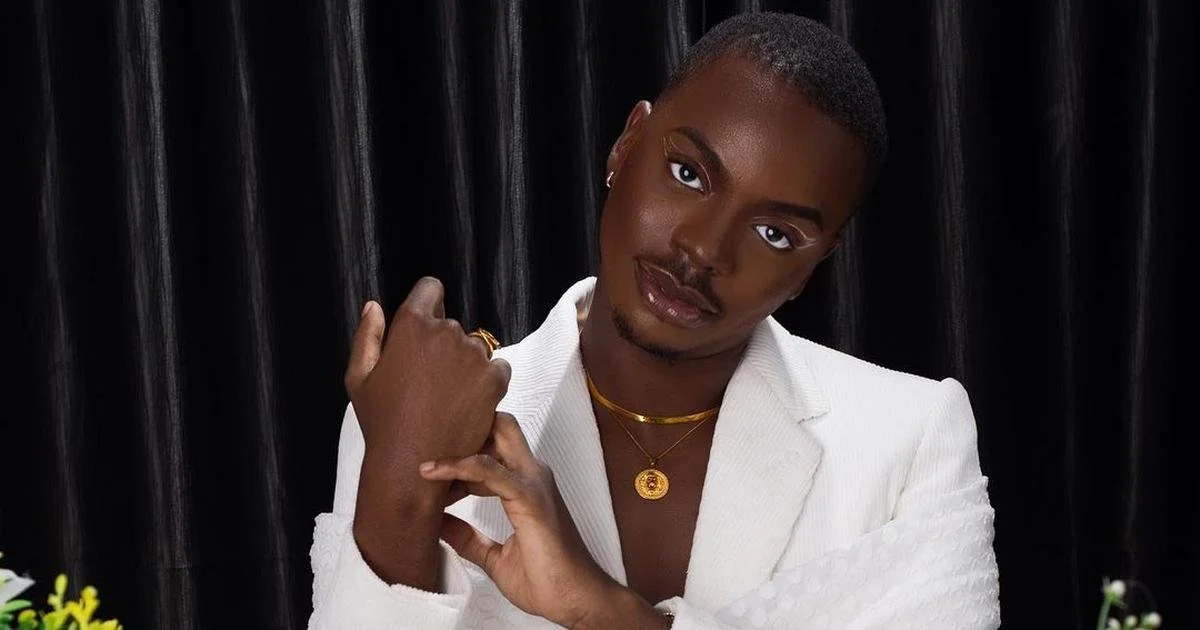Are Fashion Weeks Still Relevant in the Age of Social Media?
The rise of social media has cast a long, quizzical shadow over the traditional fashion industry, igniting fervent debates about the relevance of once-unquestionable institutions. Perhaps none is more scrutinised than the ritualistic gatherings of designers, models, celebrities, and fashion editors at fashion weeks around the globe. These events, held primarily in fashion capitals such as New York, Paris, Milan, London, and Lagos, have been the crucible of sartorial innovation for decades. However, as the fashion world becomes increasingly democratised by digital platforms like Instagram, TikTok, and YouTube, the question arises: Are fashion weeks still relevant in the age of social media?
To begin, it’s crucial to understand the roles that both fashion weeks and social media platforms play in shaping our understanding of style. Traditionally, fashion weeks have been exclusive events where industry insiders and tastemakers congregate to determine the season’s upcoming trends. Through catwalks and collections, designers get an opportunity to showcase their creativity, journalists uncover stories, and buyers decide what to stock in retail stores. These events have long been the lifeblood of the fashion calendar, generating media buzz and consumer interest in a cyclical manner.
Contrast this with the landscape of social media, where fashion has become an ever-present, borderless conversation. Here, style isn’t dictated by a select few but emerges organically from the collective expression of millions. Online influencers often command more attention than established designers, and with a quick scroll, anyone can become a fashion critic, trendsetter, or even a self-made designer. User-generated content, live streams, and instant sharing capabilities have made it possible for fashion moments to happen anywhere, anytime.
In this context, one might argue that the hierarchical, somewhat elitist structure of fashion weeks is increasingly at odds with the equitable principles of social media. After all, why wait for a biannual event to discern trends when Instagram offers a perpetual parade of style? Isn’t the exclusive nature of fashion weeks antiquated when a 16-year-old with a keen fashion sense can amass followers that rival the readership of legacy fashion magazines?
It’s essential to consider that the platforms serve different aspects of our fashion appetites. Social media may offer an immediate, democratised view of fashion, but it often lacks the curatorial finesse and storytelling power inherent to a meticulously planned runway show. Fashion weeks provide a context, a narrative, and a thematic cohesiveness that the fragmented snippets on social media often can’t capture. They are novels in a world increasingly content with tweets.
Moreover, the value of tactile experience—touching fabrics, seeing garments in motion, hearing the soundtrack of a runway show—simply can’t be replicated online. Fashion is not just visual; it’s experiential, an amalgamation of all senses coming together to create a moment, a feeling, or a statement. The energy in the room when a groundbreaking collection is debuted, the camaraderie among industry professionals and the business deals that occur behind the scenes are intangible elements that make fashion weeks indispensable.
And let’s not overlook the crucial point that fashion weeks are not static; they, too, have evolved in the age of social media. Hybrid models incorporating digital presentations along with physical shows, the involvement of more diverse voices, and immediate consumer access to collections are some of the ways fashion weeks have adapted. Far from being relics, they have learned to integrate the strengths of social media to reach broader audiences while maintaining their unique value propositions.
The ultimate irony, perhaps, is that social media and fashion weeks are not mutually exclusive but mutually beneficial entities. The catwalks feed the social media frenzy, while online platforms create heightened anticipation and dialogue around Fashion Week events. One sets the agenda, and the other disseminates it in a symbiotic relationship that neither can fully replace.
Questioning the relevance of fashion weeks in the age of social media might be a provocative starting point for debate, but it ultimately suggests a false division. Rather than rendering fashion weeks obsolete, social media has transformed them into a part of a larger, more dynamic conversation—one that continues to captivate, influence, and inspire us all. So, are fashion weeks still relevant? Absolutely. Just like a timeless piece of couture, they adapt, endure, and never go out of style.









